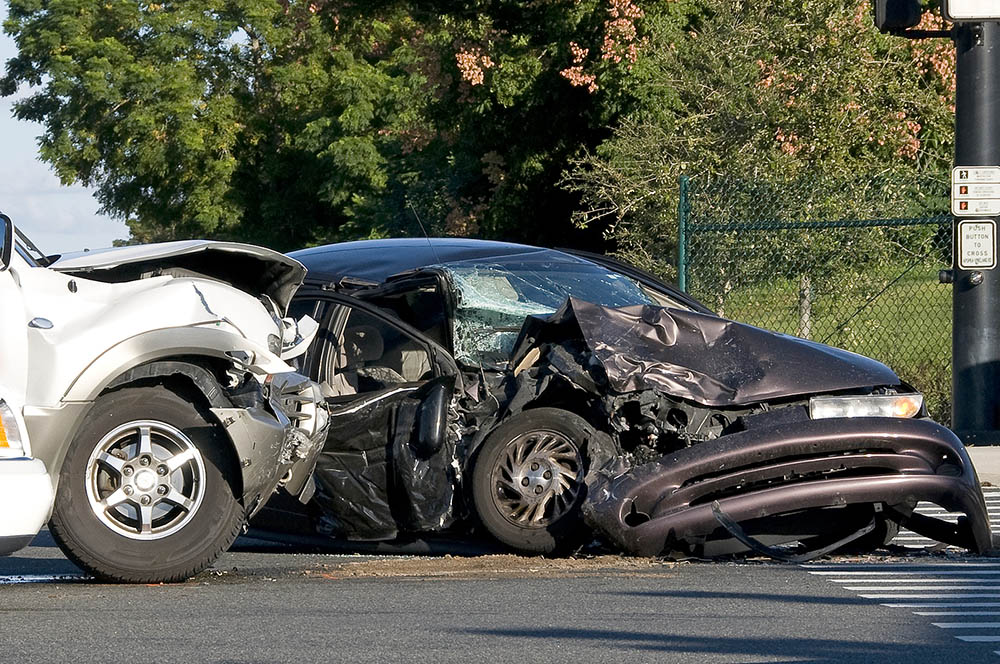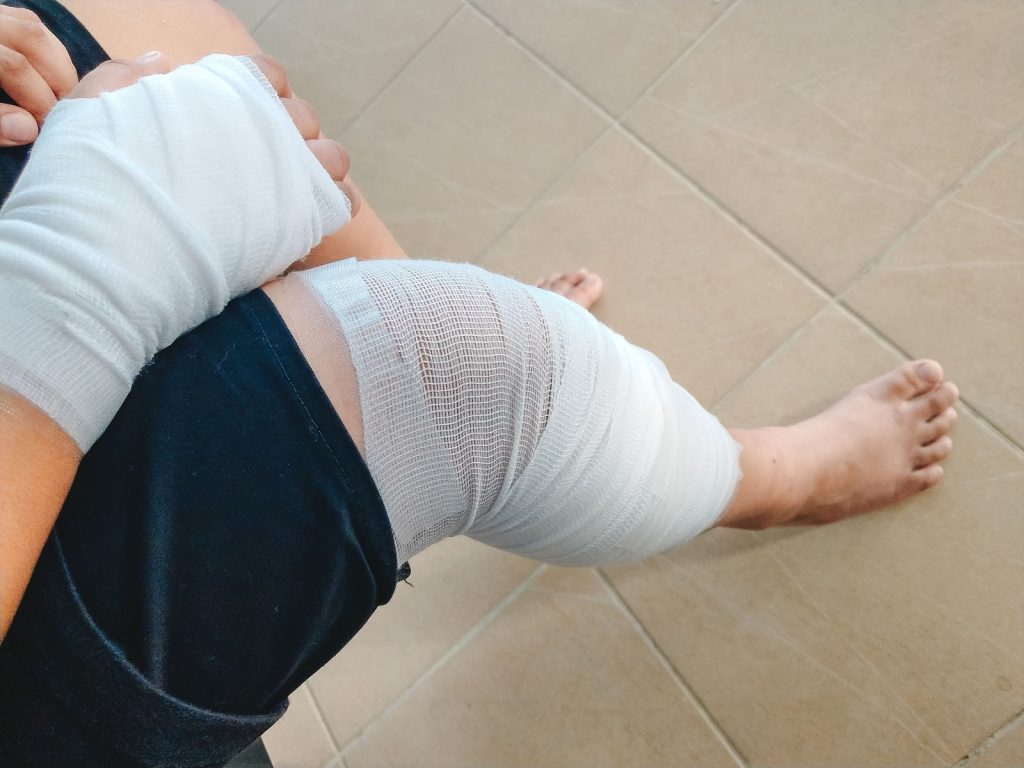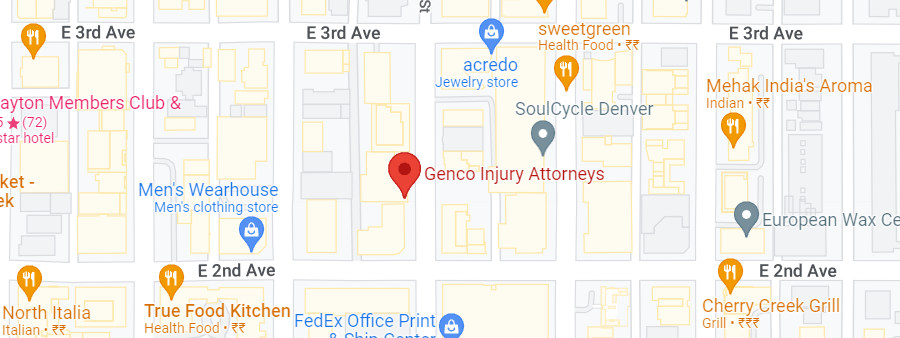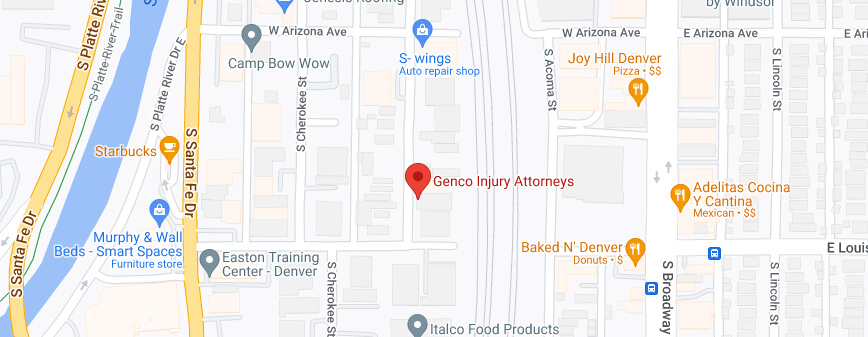How Hazardous Is Driving in Winter Weather Conditions?
Snow, ice, and other weather conditions can make driving in winter dangerous, as stated by the Colorado Department of Transportation (CO DOT). The unexpected can happen when roads are slick, and visibility is poor. Nationwide, more than 1,800 people are killed every year in traffic crashes that occur in snowy and icy conditions, as reported by The Zebra. More than 156,000 wrecks occur annually on icy roads. According to the National Weather Service, Colorado winter storms can bring heavy snow, sleet, freezing rain, bitter cold, icy roads, high winds, and low visibility.
Common winter road hazards include frigid wind chill factors and avalanches.
What Are the Common Causes of Winter Weather Accidents in Aurora?
Many winter weather accidents in Aurora and throughout the state are caused by negligent driving and could have been prevented. Common factors contributing to winter traffic crashes on Colorado roads include:
- Distracted driving: When driving on snow and ice, it is important to pay careful attention to operating the vehicle. Drivers who are distracted by texting, talking on the phone, conversing with passengers, or other activities can lose control of the vehicle and crash.
- Traveling too fast for conditions: Perhaps the most important rule for winter weather driving in Colorado is: Slow down! Drivers must adjust their speed for less traction on snow and ice. More distance is required to stop safely, and slippery roads can cause a loss of control. Even if they stay within the speed limit, drivers who travel too fast for winter weather conditions can cause deadly accidents.
- Tailgating: Following too closely is dangerous under any circumstances, particularly in winter weather. When driving on wet or icy roads, it is important to allow extra distance between your vehicle and the one ahead because it is more difficult to stop. Tailgating on slick roads can lead to serious rear-end collisions.
- Use of cruise control: Cruise control may be great on a dry highway, but it should never be used on low-traction, snowy, or icy roads. If the wheels lose traction and start to spin, cruise control can accelerate and throw the vehicle into a skid.
- Lack of snow tires: Anyone driving in Colorado during the winter needs snow tires. This is essential to help maintain the vehicle’s traction. Without proper tires, a vehicle could skid on wet or slick pavement. Failure to maintain a vehicle, including having the right tires for winter driving conditions, may be considered negligent if it causes an accident.
- Driving drunk or stoned: Alcohol and drugs can significantly impair a driver’s ability to safely operate a vehicle, even under normal conditions. Marijuana, alcohol, and other drugs slow judgment, coordination, and reaction time, according to the National Highway Traffic Safety Administration (NHTSA). In winter weather, impaired driving can be disastrous for everyone on the road.
- Unsafe maneuvers around snow plows: Snow plow operators are attempting to clear the roads to make them safer for everyone. The top speed for snow blows with their blades down is 35 mph. When snow is coming down and all the lights are on, operators may not see vehicles approaching from behind. Negligent drivers who speed, pass unsafely, or follow too closely behind snow plows can cause deadly crashes.
How Can You Reduce the Risk of a Winter Accident in Aurora?
The CO DOT offers tips to help keep you safe when you are driving in the snow, including the following:
- Clear snow and ice off your vehicle before you set out.
- Make sure your car is stocked with essential winter items, such as a blanket, water, a flashlight, a scraper, tire chains, jumper cables, a snow shovel, and flares.
- Slow down, below the speed limit, as much as necessary for existing road conditions.
- Allow plenty of space between your vehicle and the one ahead.
- Accelerate, turn, or brake one action at a time. Doing two of these things at once can cause your vehicle to slide, spin out, or crash.
- Shift to a lower gear and gently tap your brakes to help maintain traction while traveling downhill.
Maintain your momentum when traveling uphill to keep from getting stuck. - Use your low beams when driving at night. High beams decrease visibility in the snow.
- Stay right except to pass, according to Colorado’s Left Lane Law.
- Keep your eyes on the road and plan for turns or stops.
- Buckle up.
- Do not drive drug or alcohol impaired.
- Navigate defensively around large semi-trucks, passing safely and avoiding blind spots.
What Should You Do If You Have Been Involved in a Winter Weather Crash?
If you have been involved in a winter accident caused by another driver, find out if anyone needs assistance and call 911 to report the crash to the police and get emergency medical help if needed.
Exchange information with the other driver, take pictures of the scene, get contact information for any eyewitness, and get checked out by a doctor as soon as possible. Then contact an experienced Aurora car accident lawyer about a claim for compensation against the at-fault party. At Genco Injury Attorneys, we specialize in motor vehicle accidents.
We are effective and responsive, and we stay in touch with our clients every step of the way. Our firm limits the number of cases we accept so we can provide personalized service. Call us at (720) 802-9120 to find out how we can help you.













